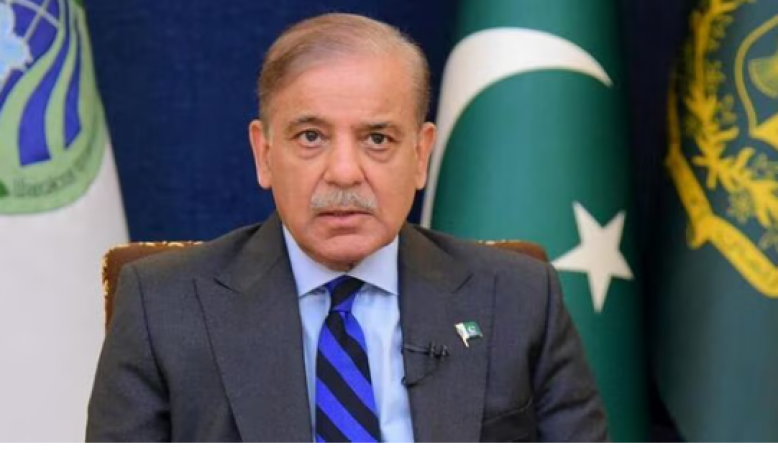
Islamabad: Pakistan's newly formed parliament has elected Shehbaz Sharif as prime minister for a second term, according to reports from Pakistani media. This comes three weeks after the uncertain national elections, which were marked by allegations of rigging, delays, and protests.
The elections, held on February 8, were fraught with issues including a mobile internet shutdown, arrests, and violence. The delayed results led to widespread accusations of electoral fraud. Sharif, who previously served as prime minister until August when parliament was dissolved, has now returned to office.
The parliamentary vote, conducted amidst tight security, follows protests from candidates backed by former Prime Minister Imran Khan, who allege rigging and demand his release from jail. Khan's party, the Sunni Ittehad Council (SIC), has called for an audit of the polls, claiming they were rigged against them. With no single party winning a majority, the PML-N and PPP agreed to form a coalition government, enabling Shehbaz Sharif's election.
Shehbaz Sharif, the younger brother of three-time Prime Minister Nawaz Sharif, previously led the Pakistan Muslim League-Nawaz (PML-N) party's election campaign. His previous term saw challenges in negotiating a critical IMF deal, contributing to rising prices and pressure on households. The new government faces the immediate task of negotiating a new IMF agreement while addressing growing discontent over poverty and ongoing challenges from Khan's supporters.
Demolition of Unauthorized Mazar on Maharashtra Highway
Closure of Srinagar-Jammu National Highway Continues Due to Landslides
Delhi Police Sub-Inspector Found Dead in Suspected Suicide